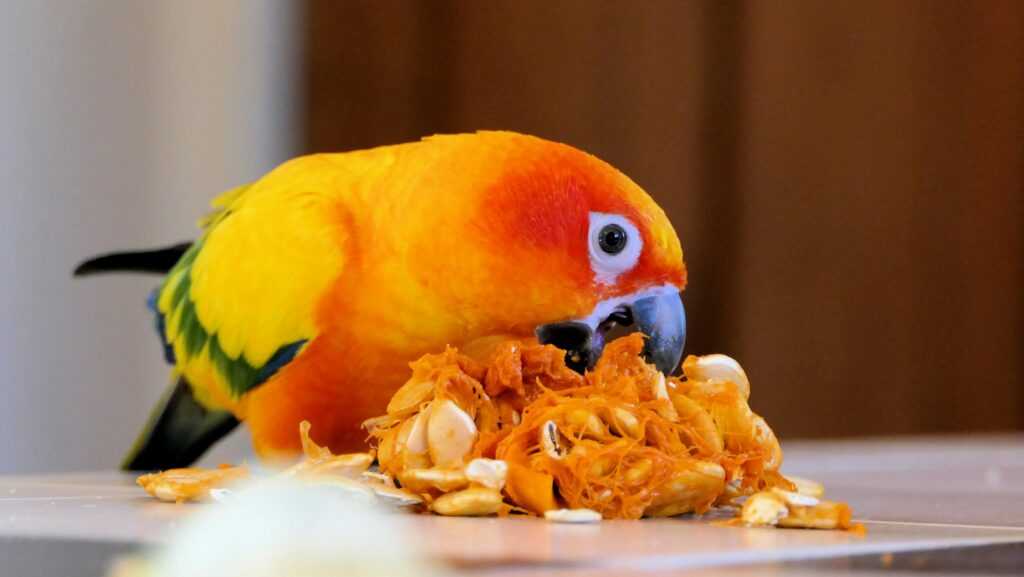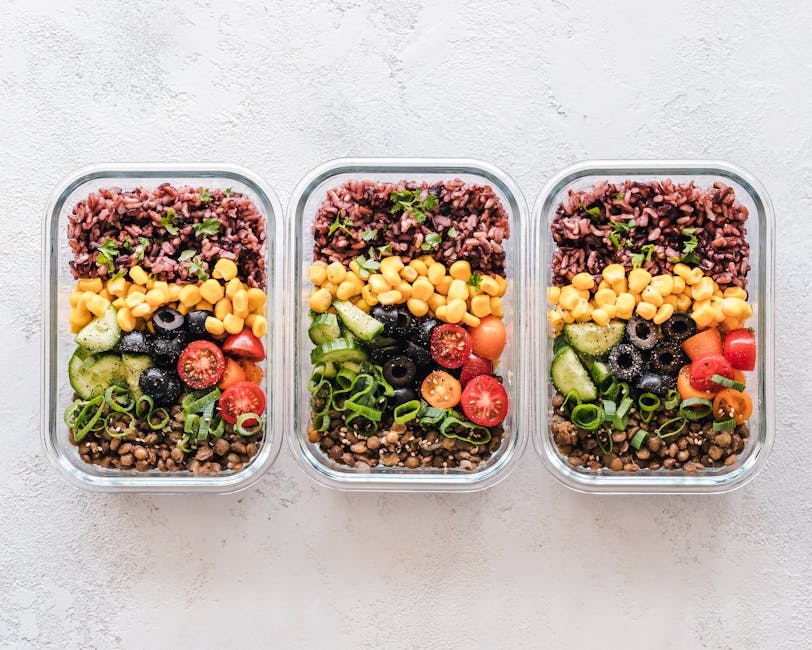As a pet owner, I understand the importance of providing our furry friends with the best nutrition for their well-being. Customizing your pet’s diet for optimal health goes beyond just filling their food bowl. It involves tailoring their meals to meet their specific needs, ensuring they thrive and live a long, healthy life.
When it comes to our pets, a one-size-fits-all approach to nutrition simply doesn’t cut it. Just like us, each pet is unique and may require a personalized diet to address any health issues or dietary preferences. By customizing your pet’s diet, you can cater to their individual requirements, whether it’s managing weight, supporting a shiny coat, or addressing food sensitivities.
In this article, I’ll delve into the importance of customizing your pet’s diet, the key factors to consider, and practical tips to ensure your furry companion receives the nutrition they need for optimal health.
Understanding Your Pet’s Nutritional Needs
When customizing your pet’s diet for optimal health, it’s crucial to understand their unique nutritional requirements. Proper nutrition plays a vital role in supporting your pet’s overall well-being and can help prevent various health issues. As a responsible pet owner, I prioritize meeting my pet’s specific dietary needs to ensure they lead a healthy and happy life.
Pets, like humans, require a balanced diet consisting of essential nutrients to thrive. I make sure to provide my pet with a diet rich in proteins, carbohydrates, fats, vitamins, and minerals to support their growth, energy levels, and immune system. Each nutrient plays a distinct role in maintaining my pet’s optimal health, and any deficiency can impact their overall well-being.
To determine the ideal diet for my pet, I consider factors such as their age, breed, activity level, and any existing health conditions. For instance, puppies and kittens have different nutritional needs than adult pets, requiring diets that support their growth and development. By evaluating these factors, I can tailor my pet’s diet to meet their specific requirements and promote their overall health.
Consulting with a veterinarian is essential when customizing your pet’s diet, as they can provide valuable insights based on your pet’s individual needs. I regularly consult with my vet to ensure that my pet’s diet is well-balanced and meets all their nutritional requirements. Additionally, my vet’s recommendations help me address any dietary concerns or restrictions that may affect my pet’s health.
Understanding your pet’s nutritional needs is the first step in customizing their diet for optimal health. By prioritizing a balanced and nutrient-rich diet tailored to your pet’s specific requirements, you can help them lead a long, healthy life full of vitality and well-being.
Importance of Customizing Your Pet’s Diet
Customizing your pet’s diet is crucial for their overall health and vitality. By tailoring their food intake to meet their specific nutritional needs, you can ensure they receive the essential nutrients necessary for optimal well-being. Factors such as age, breed, activity level, and any existing health conditions play a significant role in determining the right diet for your pet.
Age and Breed Considerations
When customizing your pet’s diet, it’s essential to consider their age and breed. Puppies and kittens have different nutritional requirements than adult or senior pets. Large breeds may have specific dietary needs compared to small breeds. Understanding these differences allows you to provide tailored nutrition that supports growth, development, and longevity based on your pet’s age and breed.
Health Conditions and Dietary Requirements
Pets with health conditions require special dietary considerations. For example, pets with allergies, gastrointestinal issues, or weight management issues may need specific diets to address these concerns. Consulting with a veterinarian is essential to identify any health conditions that require dietary modifications and to ensure your pet’s nutritional needs are met while managing their health conditions effectively. Tailoring their diet to accommodate these requirements can improve their quality of life and overall health.
Creating a Customized Diet Plan
When Creating a Customized Diet Plan for your pet, I focus on meeting their specific nutritional requirements to support their overall health and well-being. By tailoring the diet to match their individual needs, I aim to optimize their health and longevity.
To develop a personalized diet for your pet, consider the following key factors:
- Pet’s Age: I take into account the age of your pet as different life stages require varying levels of nutrients to support growth and development.
- Breed: Irecognize that each pet breedhas unique nutritional requirements based on their size, metabolism, and specific health predispositions.
- Activity Level: I tailor the diet based on your pet’s activity level, ensuring they receive adequate energy to fuel their daily activities.
- Health Conditions: For pets with allergies, gastrointestinal issues, or weight management concerns, I design specialized diets to address these specific health needs effectively.
By working closely with a veterinarian, I can ensure that the customized diet plan is nutritionally balanced and meets all of your pet’s dietary needs while managing any health conditions effectively. This approach ultimately enhances your pet’s quality of life and overall health.
Implementing the Diet Changes
To implement the necessary diet changes for your pet’s optimal health, it’s crucial to follow a structured approach tailored to their specific needs. Here’s how I recommend incorporating these adjustments effectively:
- Gradual Transition: When altering your pet’s diet, I suggest making changes gradually over a period of 7-10 days. Start by mixing small amounts of the new food with the existing one, increasing the proportion of the new food each day until the transition is complete.
- Monitor Progress: Keep a close eye on your pet during the transition phase. Watch for any signs of digestive issues, allergies, or aversion to the new diet. If you notice any adverse reactions, consult your veterinarian immediately.
- Consistency is Key: Once you have transitioned to the new diet successfully, consistency becomes essential. Stick to the prescribed diet plan and avoid frequent changes to prevent digestive upsets or nutrient imbalances.
- Regular Check-ups: Schedule regular check-ups with your veterinarian to assess your pet’s health and monitor the impact of the diet changes. Your vet can provide valuable insights and adjustments to ensure your pet’s nutritional needs are adequately met.
By following these steps diligently, you can smoothly implement the necessary diet changes for your pet, promoting optimal health and well-being in the long run.




